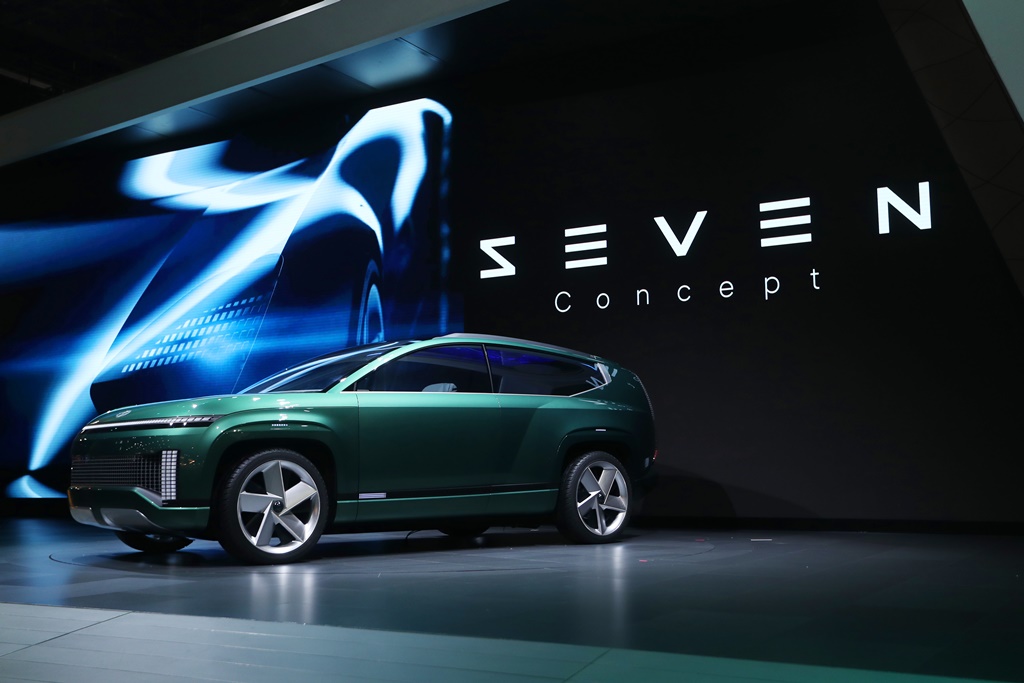I don't completely agree with
@Gauss Guzzler but it is going to take a long time for EVs to penetrate to the lowest levels of the economy. There will also be a market for ICE for a long time to come too. I don't know if those will be straight up ICE or hybrids, but fossil fuels have the highest energy density of any realistic vehicle fuel out there. Battery density is going up, but they will never have the energy density of these fuels. It's also easy to carry extra liquid fuel in fuel cans, something that isn't feasible with batteries.
You can carry solar panels, but the energy density of panels is low and it's never going to be great and you don't always get enough sunlight.
@Oil4AsphaultOnly said they have 80 lbs of solar panels with 800W capacity. That's an extra 80 lbs of dead weight you're carrying around, plus loss of cargo capacity.
On an extremely sunny day in the middle of summer you might get about 6 KWH of power in a day. That's only about 20 miles of range in a day. With the car parked, and likely very hot.
Driving anywhere deep into the wilderness like some areas of the American west, parts of Canada, the Australian Outback, or other remote places, some kind of ICE is going to be the vehicle of choice for the foreseeable future. Liquid fuels are also going to be the only viable solution for air travel and most shipping application for a long time to come.
@Gauss Guzzler is correct that battery supply is still a major limiting factor and even though a lot of battery factories are being built now, the most optimistic estimates are for getting to 50% EV production in a decade. Building some hybrids would stretch the limited battery supply a bit further.
PHEVs with a bit larger batteries that could handle a typical commute could be an ersatz town EV with the capability to use gasoline on road trips. Jay Leno had a Volt and lived near the NBC studios. He used it to commute to work in his last couple of years on air and he said he stretched one tank of gas for more than a year. A PHEV with a bit more range could cover more commute situations with an ICE as a backup in case a bit more range is needed. Though you are lugging an unused ICE around most of the time, which is a drawback.



